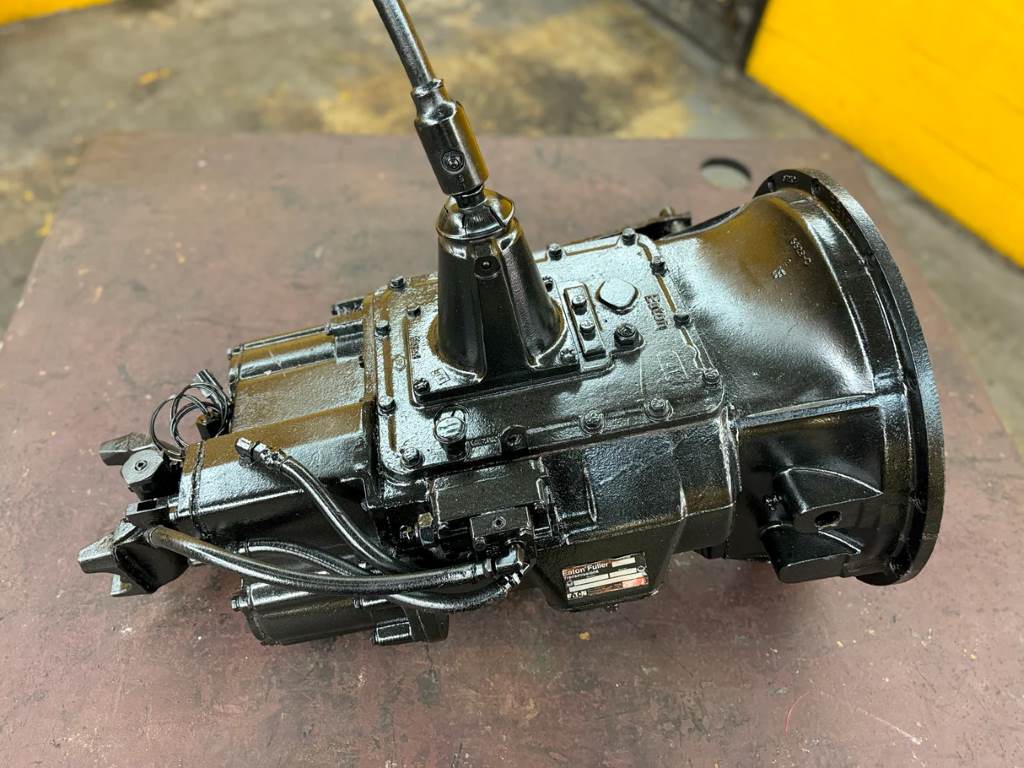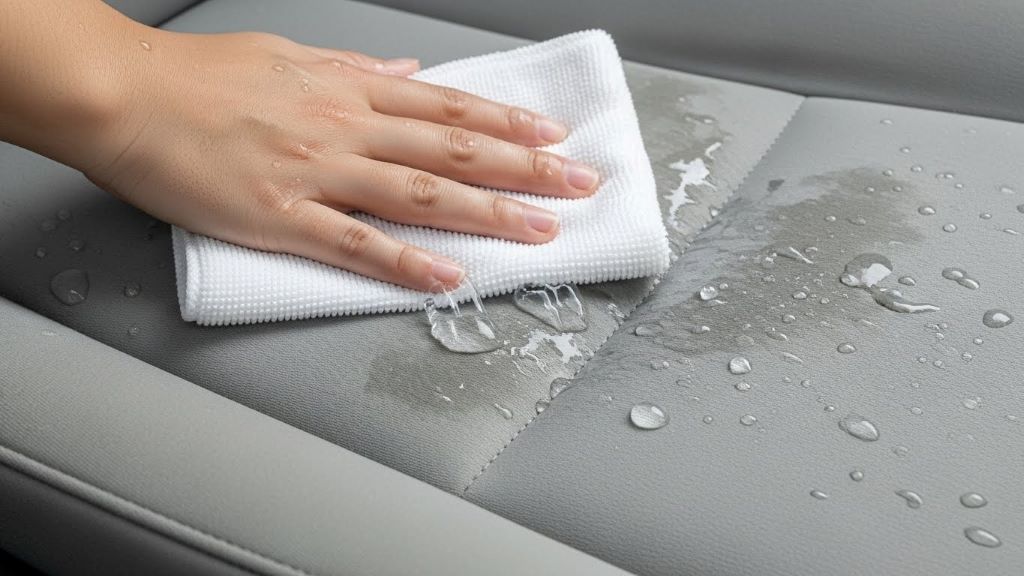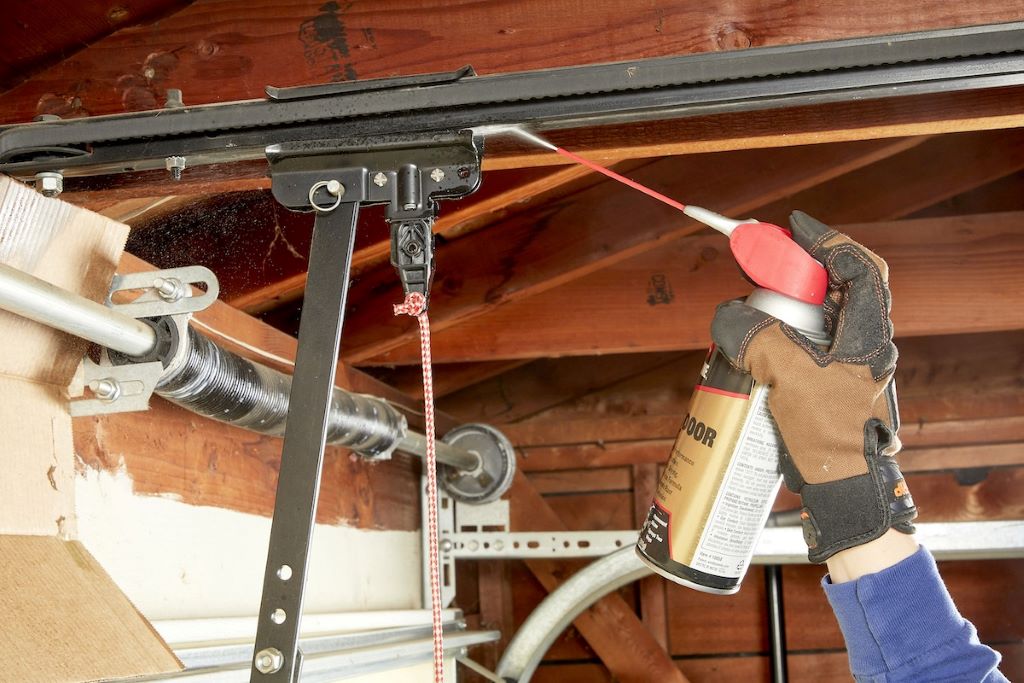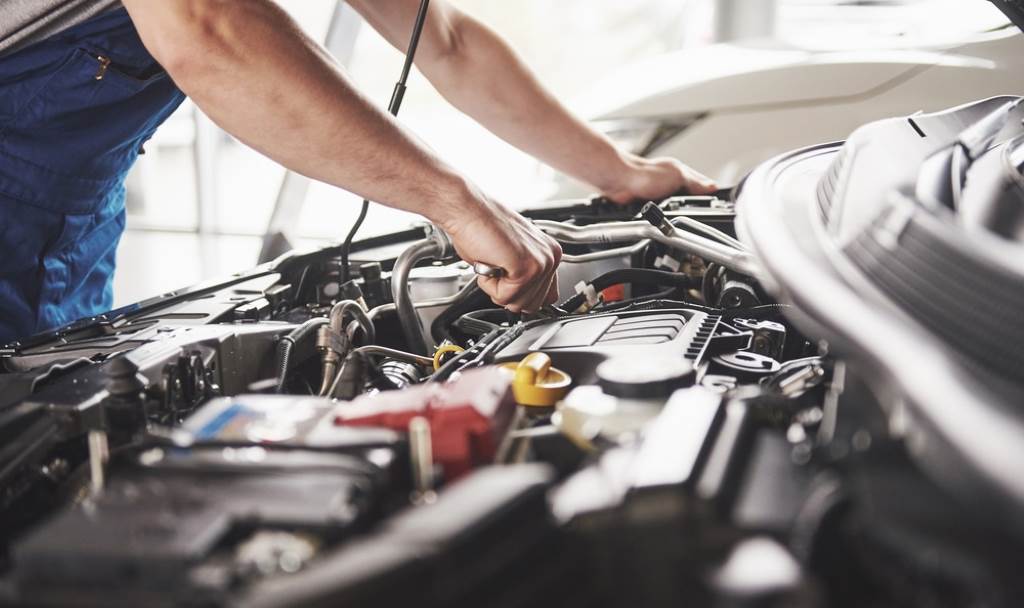Your truck’s braking system is crucial for your safety and the safety of others on the road. Ignoring warning signs of brake problems can lead to dangerous situations and costly repairs. This article outlines ten common indicators that your truck’s brakes need immediate attention.
1. Unusual Noises
One of the most obvious signs of brake trouble is unusual noises when you apply the brakes. If you hear a high-pitched squealing, grinding, or scraping sound, it’s likely time to replace your brake pads. These noises are often caused by a wear indicator embedded in the brake pads, alerting you that they have reached the end of their lifespan. Ignoring these sounds can lead to further damage to the rotors and other brake components.
2. Vibrations or Pulsations
If you feel vibrations or pulsations through the brake pedal or steering wheel when braking, it could indicate warped brake rotors. Warped rotors occur due to overheating or excessive wear and tear. They can compromise your truck’s braking performance and should be addressed promptly.
3. Soft or Spongy Brake Pedal
A soft or spongy brake pedal that sinks closer to the floor than usual indicates a potential issue with the brake fluid system. This could be caused by a leak, air in the lines, or worn-out master cylinder seals. Brake fluid is essential for transferring force from the pedal to the brake components, so any problems with the fluid system should be investigated immediately.
4. Pulling to One Side
If your truck pulls to one side when braking, it could be due to uneven brake pad wear, a stuck caliper, or a collapsed brake hose. Pulling to one side can make it difficult to control your vehicle and increases the risk of accidents. It’s essential to have this issue diagnosed and repaired as soon as possible.
5. Burning Smell
A burning smell while driving, especially after heavy braking, could signal overheating brakes. This can happen if the brake pads are worn down to the metal backing plate, causing friction and heat buildup. Overheating can damage the brake components and reduce their effectiveness, making your truck unsafe to drive.
6. Leaking Brake Fluid
Brake fluid is typically clear or amber in color and has a slightly oily consistency. If you notice any fluid leaks around the wheels or under the vehicle, it could be brake fluid. A brake fluid leak indicates a compromised braking system and requires immediate attention from a qualified mechanic.
7. Brake Warning Light
Most modern trucks have a brake warning light on the dashboard. If this light illuminates, it could indicate various issues, such as low brake fluid, worn brake pads, or a malfunctioning ABS system. It’s crucial not to ignore this warning and to have your truck inspected by a mechanic promptly.
8. Increased Stopping Distance
If you notice that your truck takes longer to come to a complete stop than usual, it could be a sign of worn-out brake pads, a leaking master cylinder, or other brake problems. Increased stopping distance can be dangerous, especially in emergency situations, and should be addressed promptly.
9. Grinding Noise When Not Braking
A grinding noise that persists even when you’re not applying the brakes could indicate a worn-out wheel bearing. Wheel bearings are crucial for smooth wheel rotation and support the weight of the vehicle. A damaged wheel bearing can lead to brake failure and should be replaced immediately.
10. ABS Malfunction Light
The Anti-lock Braking System (ABS) is designed to prevent wheel lockup during hard braking, improving vehicle control and stability. If the ABS malfunction light on your dashboard turns on, it indicates a problem with the ABS system. While your regular brakes may still function, the ABS won’t be available, which can compromise your safety in slippery conditions.
Conclusion
Promptly addressing brake problems is essential for ensuring your safety and the safety of others on the road. If you experience any of the warning signs mentioned in this article, it’s crucial to have your truck inspected and repaired by a qualified mechanic as soon as possible. Regular brake maintenance, including inspections and fluid flushes, can help prevent major problems and ensure optimal braking performance.








